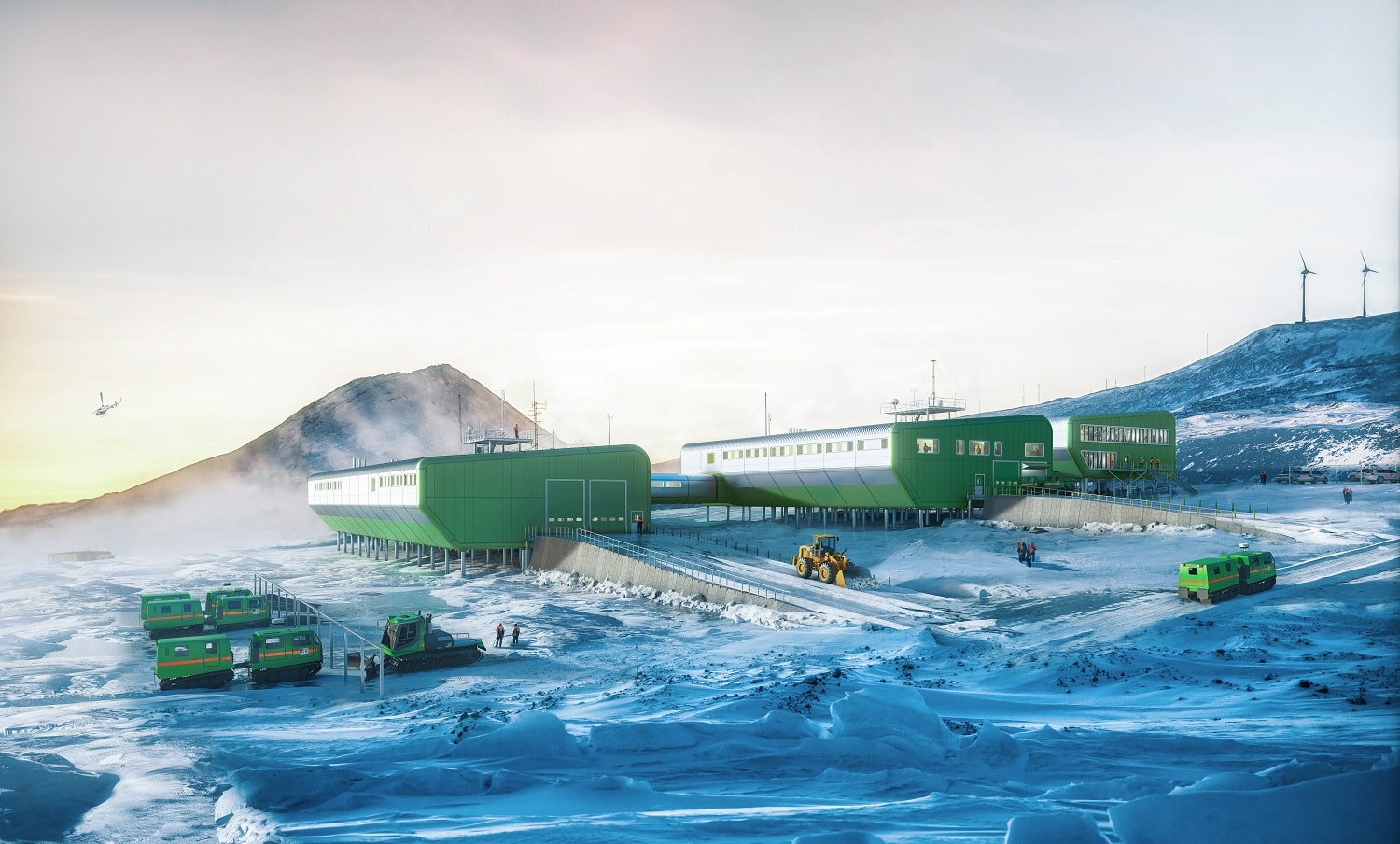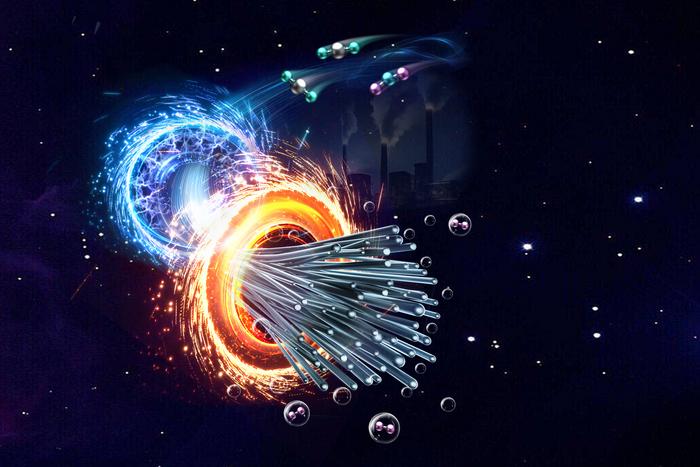Moon Express: World’s First Lunar Freight Company
Moon Express, a NASA partner, and winner of NASA’s $30 million Innovation Lunar Demonstrations Data contract, is developing the first private lunar telescope to be installed on the moon’s surface in 2015. The company also has plans for developing and deploying mining equipment and systems to capitalize on the Moon’s valuable deposits.
For anyone ambivalent about spending huge sums of money on space exploration, the justification for this activity is laid out by Stephen Hawking in the following 25-minute video “Why We Should Go Into Space” recorded in 2008. (transcript) In a nutshell, Hawking argues that we are at a point similar to when Columbus sought to discover the New World. He believes spreading out into space will completely change the trajectory of human civilization, increasing the probability that we will remain a viable species for centuries and millennia to come.
Moon Express Ready to Begin Colonizing the Moon
Moon Express agrees with Hawking and sees humanity as a multi-planet species. The first step in moving out into space is to create infrastructure and resources to allow travel to and from earth, the moon and other planets. The moon is seen as a base or waypoint on the way to exploring the heavens.
Moon Express will begin with a series of robotic spacecraft launched to begin the commercial exploration of the moon. The company has identified the southern hemisphere of the moon as the location where hazardous landing risks will be at a minimum. The first missions will be “proof of concept” missions that will take place at a relatively low cost.
Subsequent missions will lead to lunar landings at the lunar South Pole as early as 2016 where conditions exist for long-term colonization. As the moon colonization project moves forward, scientists and engineers will begin evaluating how to mine the lunar surface for valuable raw materials. Moon Express envisions a Moon Express “lunar railroad” that will allow cost-effective movement of mined resources with the possibility of returning them to earth or using them as raw materials for manufacturing processes at factories built on the moon.






